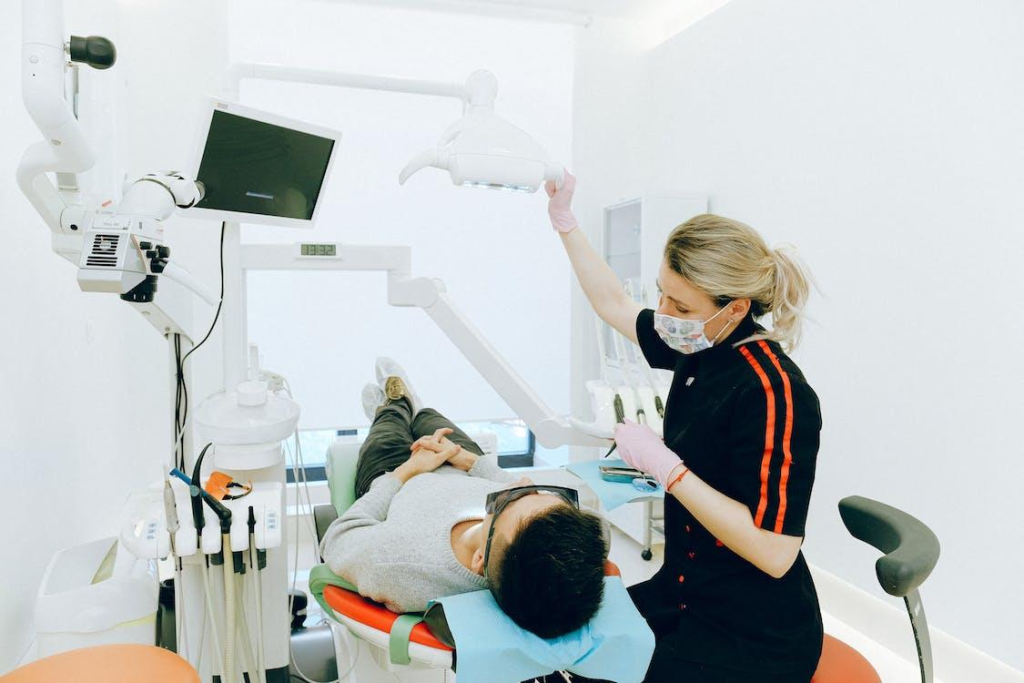Visiting the dentist regularly is a critical component of maintaining good oral health. However, many of us may not make the most of these visits.
With the right approach, you can enhance the benefits of your routine dental exams, ensuring your teeth and gums stay healthy for years.
This blog provides practical tips and strategies to help patients actively engage in oral healthcare during dental appointments.
Prepare Before Your Appointment
Start by gathering information about your oral health and any concerns. If you’ve noticed sensitivity, pain, or any changes in your mouth, note these to discuss with your dentist.
Review your dental history and be ready to update your dentist on any changes in your health or medications since your last visit.
List Your Questions and Concerns
Before your visit, writing down questions or concerns ensures you won’t forget to mention them during your appointment.
Whether it’s about a specific tooth, gum sensitivity, or advice on dental products, having a list ready can make your conversation with the dentist more productive.
Understand What to Expect
Knowing what happens during a dental exam can help you feel more comfortable and engaged. A typical exam might include:
- Review of Dental History: Your dentist will discuss your dental and medical history, including any concerns or changes since your last visit.
- Examination of Teeth and Gums: Involves checking for cavities, gum disease, and other potential issues.
- X-rays: Depending on your dental history and age, your dentist may recommend X-rays to check for issues not visible to the naked eye.
Communicate Openly With Your Dentist
Open communication with your dentist is critical to maximizing your visit. Be honest about your dental hygiene habits, concerns, and anxiety about dental procedures. This will help your dentist provide the best care possible and address your needs effectively.
- Ask Questions:If unsure about any part of the examination or recommended treatments, ask for clarification. Understanding the reasons behind specific procedures or advice can help you feel more involved in oral health.
- Discuss Oral Hygiene Practices:Get personalized advice on brushing, flossing, and other care based on oral health needs.
Take Notes and Follow Up
During your visit, take notes on your dentist’s advice and any follow-up steps you need to take. This might include scheduling another appointment, watching for specific symptoms, or trying a new dental care product.
- Schedule Your Next Visit:Book your next routine exam before leaving the office. Regular visits are essential for preventing dental problems and keeping your teeth and gums healthy.
- Implement Advice at Home:Apply your dentist’s tips and techniques to improve your daily oral hygiene routine.
Engage in Preventive Care
Preventive care is vital for long-term oral health. Ask your dentist about sealants, fluoride treatments, or other preventive measures that could benefit you. Understanding and utilizing these options can significantly reduce the risk of cavities and other dental issues.
Making Every Visit Count
By preparing in advance, understanding examination procedures, communicating openly, and following up on your dentist’s advice, you can maximize the benefits of your dental visits.
Engaging in oral healthcare is the best way to ensure your smile stays bright and healthy. Remember, your dentist is a partner in your oral health journey; together, you can achieve optimal results. Make every visit count by being informed, prepared, and proactive in your dental care approach.



